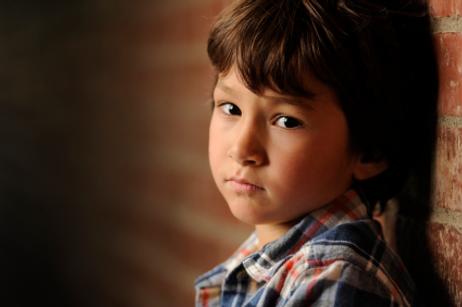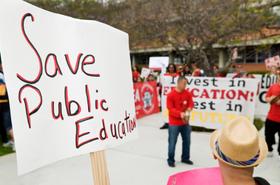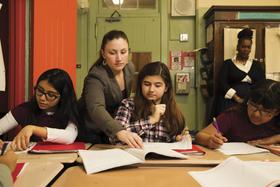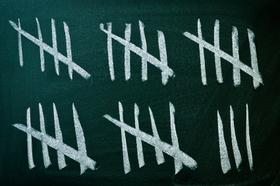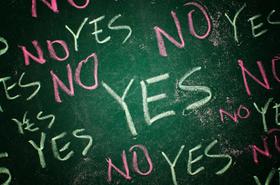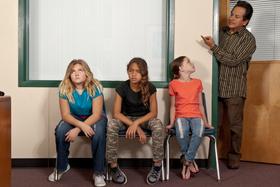Race to the Top, the education reform championed by the current administration, is now in full swing. States nationwide have received funding from the program in exchange for changes to their public education systems that would benefit the students in those states. While some are touting the program's success already in its early stages, others are voicing concern that it is not doing what it was meant to do.
An Overview of the Program
Race to the Top was introduced by President Obama in 2009 as a competitive fund to promote school improvement on both a state and local level. At that time, $4.35 billion was pledged in what the White House called the “largest ever federal investment in education reform,” according to the Washington Post. State governments were called upon to submit plans for education reform to gain a portion of the funding pledged for the program.
The White House website stresses four key areas of reform for Race to the Top funding criteria, which include:
- Improvement of assessments and more rigorous standards for schools
- Turn-around of failing schools through increased emphasis and resources
- Support that allows teachers and staff to be more effective
- Better methods for tracking the progress of both students and teachers
Each state had the opportunity to submit a plan to the U.S. Department of Education for education reform, keeping these four criteria in mind. Since the program was launched, 46 of 50 states have submitted plans, and some of





